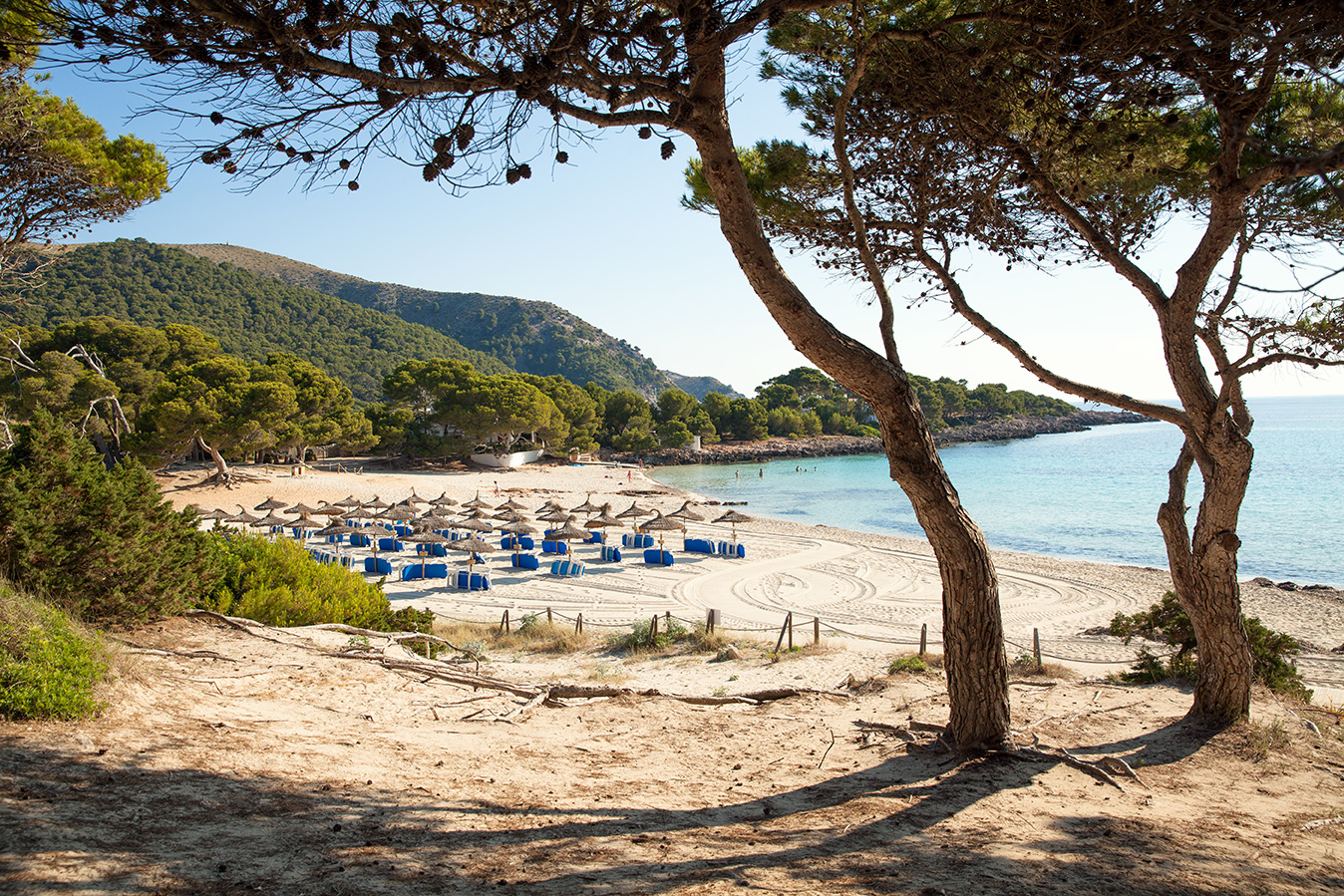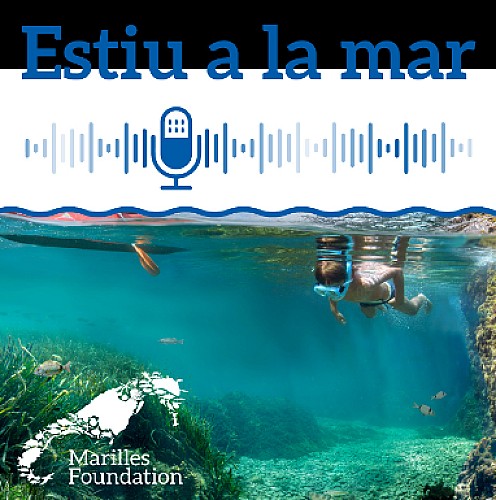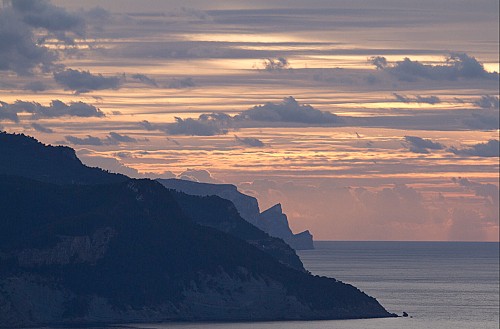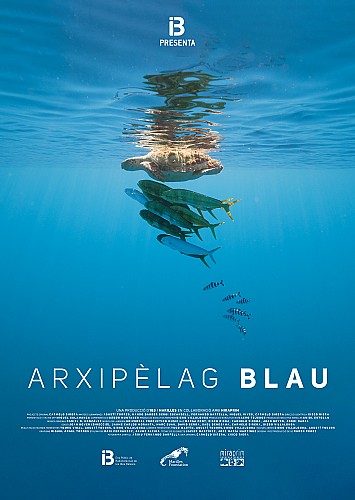In the next few years, we will witness an unprecedented public investment programme: Spain is expected to receive €140 billion of subsidies and loans to respond to the social and economic challenges brought on by Covid-19. The European Union’s Green New Deal marks the way by encouraging us to restart our economy and create jobs while facing climate and environmental challenges. This means investing in decarbonising, decontaminating, "desplastifying", improving the efficiency of resourcesand recovering our natural systems. We must overcome the crisis by transforming and strengthening our economy, not making it more vulnerable.
How this money is going to be invested is probably the most important decision we will take in a very long time, because it’ll mark the future for many decades. Surprisingly, there has not yet been a public debate about suitable projects for the Balearic Islands. The economic prosperity of the Balearics is strongly linked to the quality of its coast and marine environment, so the sea and coastline play a key part in the economic recovery. We have an opportunity to get out of the crisis and transform the Balearics into a worldwide reference for marine conservation, let’s make the most of it and ensure the Green New Deal also becomes a Blue New Deal.
11 priorities to restart the economy while protecting the Balearic sea and coast:
1. Invest more in marine protected areas as they have potential to significantly increase the benefits they generate, such as more fish, increased profits for fishermen, and ecotourism activities.
2. Conserve vulnerable species and habitats such as turtles, cetaceans andseagrass meadows. They are indicators of a good ecological state, the basis of wildlife tourism which has great potential for further development in the Balearics, and key foundations of any other tourism activity.
3. Transform the fishing sector into the most sustainable fleet in the Mediterranean, implementing low-impact technology and improving the state of resources and their economic performance.
4. Eradicate poaching and illegal fishing in the Balearic Islands. It puts all management efforts at risk and threatens the reputation of institutions and of the fishing, hospitality and recreational sectors.
5. Adapt the Balearic coastline to future climate change impact, reforming seafronts and promenades and protecting coastal habitats like barrier reefs and sand dune areas.
6. Update and improve the infrastructure for the treatment and distribution of water to end polluting discharges to the sea and contamination of bathing water. It’s the weakest point for tourism in the Balearics, and is not yet resolved.
7. Implement the waste law effectively to reduce plastic consumption and eliminate disposable plastic.
8. Engage the tourist sector proactively in the conservation of marine and coastal ecosystems, given it is an economic sector highly dependent on the good state of the sea, and with huge potential to drive change.
9. Accelerate the regional energy transition, because climate change continues to be the main threat to Balearic marine life.
10. Create a programme of entrepreneurship in marine environmental education. Generate job opportunities for young people in response to the high demand of educational activities related to the coast and the sea.
11. Strengthen education and research programmes to better manage the Balearic marine environment.





